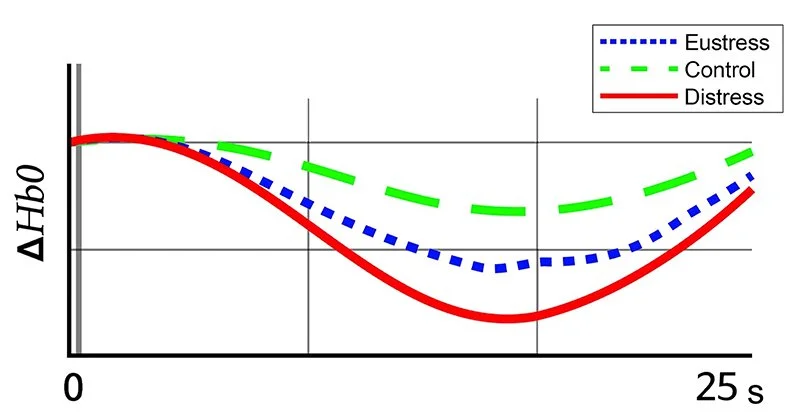🏈 On the Super Bowl and Playing Up
I was so frustrated.
We were playing against one of the worst teams in our league. To this day, I don’t even remember the name of the school, they were so small. Mind you, I was from a small high school myself – about 125 kids. But compared to our competition that day, we were a juggernaut – a powerhouse of adolescent athletic prowess.
It was early in the basketball season, and I was playing point guard. We came in confident – it was an easy game against an easy team at the bottom of the league. We expected to blow them out.
We played terribly. Sloppy ball handling. Picked bad shots. Didn’t move the ball well. Turnovers were frequent.
We had played down to their level. We ended up winning in the end, but it was sobering to learn how poorly we could perform when we were overconfident and didn’t feel like we had to bring our best.
Now, contrast that experience with a game a few weeks later, against Linfield High.
Linfield was our rival, and they were good. That year, they were better than us, and we knew it. They were bigger and had been playing together longer.
If we were going to have any chance of beating them, we would have to bring our A-game – be at our absolute best.
Knowing that we had to bring our best, we approached the game with a different attitude than just a few weeks prior. We were determined. Focused. Hard-working.
That day, we played at an entirely different level against Linfield. We knew we had to bring our best, and we did. In the end, despite our best efforts, we lost. While the loss hurt, we were proud of ourselves because we knew we were at our best.
Can you relate? Have you ever been in a situation where the challenge in front of you was just beyond your ability, and you knew you had to bring your best if you were going to have any chance?
Your story might also be related to sports, or maybe it was that new dream job or a significant promotion. It might have been that speech you were asked to give in front of a bigger audience than you’ve ever spoken to, or a critical project you were asked to lead. You weren’t sure you could do it, but you knew you had to give it your all.
That’s the thing about innovation. It requires playing up.
On Playing Up
The Super Bowl this week saw the Chiefs and 49ers face off. The Chiefs had won two Super Bowls in four years, and the 49ers were formidable opponents, having topped their division.
Both teams had to bring their A-game. They had to play up. I don’t watch a lot of football these days, but both teams' defenses exemplified playing up even more than their counterparts on offense. At the end of regulation time, the score was tied.
In the end, Patrick Mahomes and the Chiefs were victorious, following a championship-winning drive in overtime by the quarterback of the team now being described as a dynasty.
Above: Patrick Mahomes of the Kansas City Chiefs is the embodiment of “playing up,” with his third Super Bowl win and MVP honors. (Image credit: Jamie Squire, Getty Images)
Let’s be honest – I typically watch the Super Bowl for the commercials. But this year, it was not hard to get caught up in the making of a dynasty, and seeing Chiefs quarterback Patrick Mahomes embody the concept of “playing up.”
In my own life since sports, I’ve noticed that the most growth and positive outcomes have come during times when I’m most challenged and have to step up. It turns out this phenomenon has been studied, and it has a name.
Eustress and the Benefits of Playing Up
I was explaining this experience to my friend Marc Krejci a couple of years ago. Marc is a true innovator. As product design leader at Meta, Marc leads the design team for spatial systems at Meta. He and his team work on the interface for spatial computing in virtual reality (VR) on the Meta Quest, the company's VR computing headset. They are quite literally inventing the future of how we will interface with augmented reality computers. Talk about innovation!
When I described this feeling I’ve had in life that there are times when I’m well within my abilities, maybe coasting even, and other times when I’m feeling challenged to bring my absolute best, and how much more rewarding and good I feel when I’m in the latter category.
“Oh, that’s eustress,” Marc replied.
I remember thinking, “Eu-what?? What does that mean?”
He went on to say that eustress is a state one enters when one is challenged just above one's abilities. It’s a perfect middle zone – not too easy, but not so difficult that it’s discouraging (that’s “distress”!).
It’s a well-documented phenomenon in gaming and sports.
[Eustress] is a Goldilocks zone where players experience just enough stress, but not too much, to enter a state called 'flow.' Players need to be in a state of eustress to attain flow. Too little stress and they are bored and underperform. Too much stress and they feel overwhelmed and ‘choke.’ (Nuffield Health)
The term eustress is a combination of the Greek prefix eu- meaning "good," and the English word stress, to give the literal meaning "good stress." (Wikipedia)
Some people refer to eustress as being “in the zone,” and it is associated with positive impacts due to a heightened level of awareness, greater energy, concentration, and confidence.
Eustress is a key to enjoyment in all sorts of work and play. In play, it goes beyond sports to be a core concept game designers employ.
The best video games calibrate the game's difficulty as a player gets better to keep them in that Goldilocks zone of not-too-easy and not-too-difficult. The player constantly feels challenged, and the good feelings come with overcoming that challenge.
Above: Eustress, or state of flow, visualized via brain science research.
Brain scientists have studied this phenomenon, and authors like Jane McGonigal have written about it. McGonigal wrote Reality is Broken: Why Games Make Us Better and How They Can Change the World.
McGonigal gave a great interview on NPR called “Could Gaming Be Good For You?” (and a TED talk on the topic).
[Games] seem to tap into the psychological state called eustress, or positive stress. You know, normally we think about stress as very negative. It makes us anxious or frustrated or burnt out. But it turns out that if we have chosen a goal for ourselves, and if we feel in control of the work that we're doing, that stress is experienced very positively.
We feel more motivated. We have a stronger drive. We set more ambitious goals. We're more likely to ask other people for help. And in fact, we become more likable to other people because we're more optimistic, we're more energized, and so they actually are more likely to help us when we ask. (Jane McGonigal NPR Interview)
(As an aside, sports fans also experience eustress. This article talks about the benefits and drawbacks of watching sports.)
💡 Takeaway: Not all stress is bad. The kind of stress associated with being challenged and needing to “up our game” is known as eustress, and it leads to increased focus, energy levels, social connections, and confidence.
Eustress and Innovation
I believe there is a correlation between innovation and this good kind of stress. In fact, I would go so far as to say that no innovation happens without being required to play up to another level.
Every type of innovation I can think of being connected to involved some level of stress, of feeling like, " Oh man, I better bring my A-game.”
I’ve written before about the connection between crisis and innovation. If necessity is the mother of invention, then crisis is the mother of innovation.
It doesn’t feel great to be stressed, especially in moments of crisis, but that doesn’t change the fact that stress can be productively used to create new ways of being and doing things.
Where are you feeling challenged right now? Is this your opportunity to play up?
The same questions go for your team and your organization – where do you need to step up? Are there areas where you know you need to play at another level if you are going to succeed, but you aren’t yet? What do you need to do to catalyze the team around the challenge in front of you?
💡 Takeaway: Innovation happens when we have to play above our level, often in response to issues or crisis. Eustress can give us the motivation we need to push ourselves to do things we may never have thought possible.
There are times when the challenge is indeed too far above where we are. Remember, that’s called distress. If you are in distress, consider what it would be like to ask for help, change the situation around the challenge, or get a fresh perspective.
But if you aren’t challenging yourself to step out of your comfort zone, consider what you might be missing out on. And, more importantly, what contribution the world might be missing out on.
Until next week… Surfs Up! 🌊
- Dave
P.S. This week is also Valentine’s Day, and over on the Purpose and Profit Podcast we asked and answered the question, "What do Generative AI and Greeting Cards Have in Common?" Check it out to hear practical applications for how AI can help us in our daily lives.
About the Author | Dave Raley
Consultant, speaker, and writer Dave Raley is the founder of Imago Consulting, a firm that helps non-profits and businesses create profitable growth through sustainable innovation. He’s the author of a weekly trendspotting report called The Wave Report, and the co-founder of the Purpose & Profit Podcast — a show about the ideas at the intersection of nonprofit causes and for-profit brands.
Want to receive insights like this weekly?
Every Friday, we send out The Wave Report, highlighting one trend or insight “wave,” from donor and consumer trends to innovation in different industries or new models for growth.
Subscribe today to receive free weekly insights in your inbox here:


